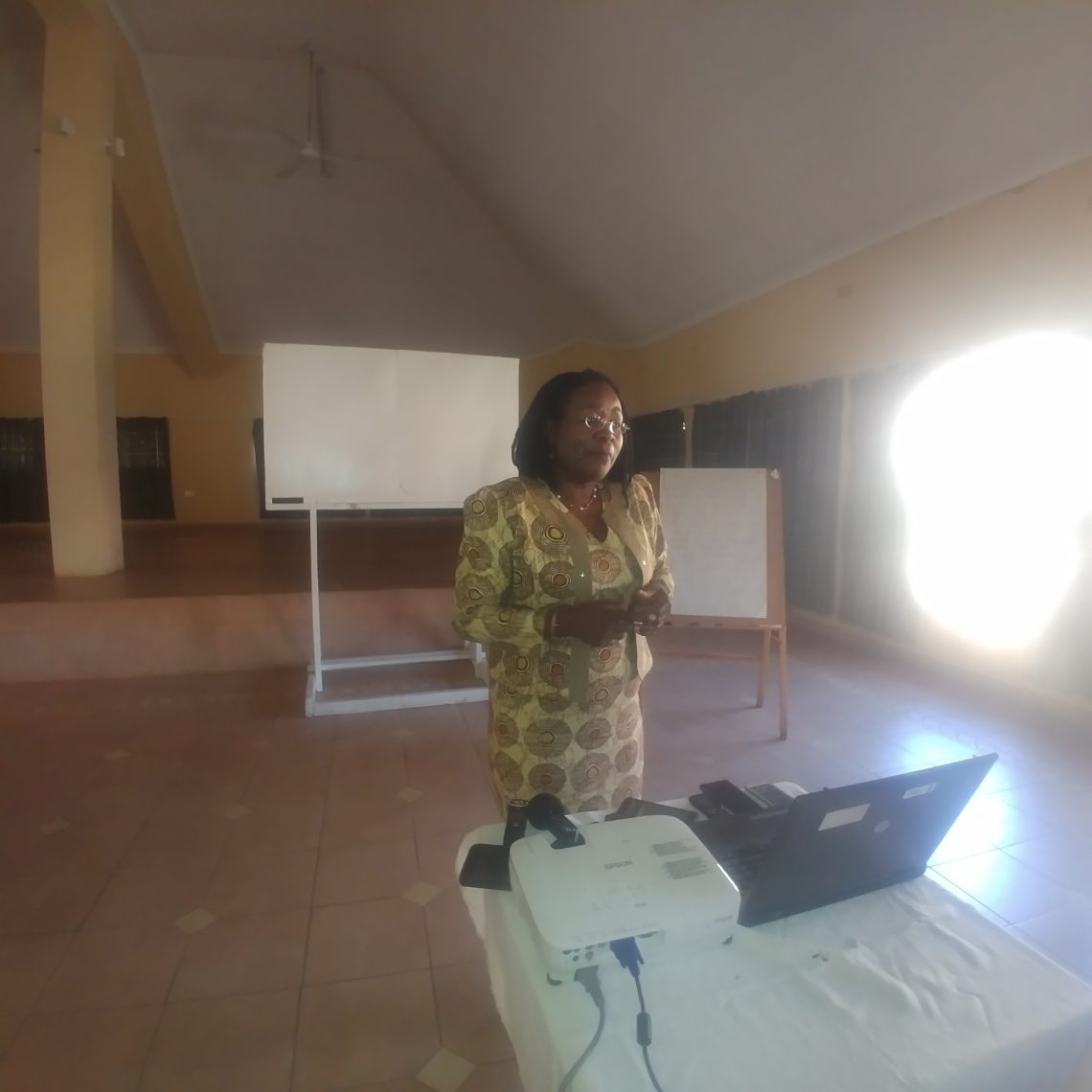By Byron Mutingwende
Stakeholder collaborative efforts are on the right track towards the elimination of cholera and typhoid.
Speaking during the on-going media training workshop on cholera reporting in Mazowe, Dr Portia Manangazira, the Director of Epidemiology and Disease Control in the Ministry of Health and Child Care hailed stakeholder collaboration towards the elimination of the epidemics.
“As part of the Vision 2030 under the Sustainable Development Goals (SDGs), I am glad that as the ministry of health together with other partners like the World Health Organisation (WHO), we are looking at ways of eliminating cholera as a public health issue by 2030.
“The stakeholder collaboration is bearing positive results as we move towards the elimination of cholera as evidenced by the massive reduction in the number of cholera cases,” Dr. Manangazira said.
She called on communities to properly dispose of solid waste and bemoaned the fact that legal instruments that govern the work of local authorities appear to be ignored over the past 10 years.
Typhoid is the Siamese twin of cholera and is caused by drinking water containing faecal matter.
Typhoid in Harare started in 2016 so those infected repeatedly got the same treatment called Ciprofloxacin. It has emerged the bug gets accustomed to the treatment so the bacteria becomes suppressed a bit but not eliminated.
Due to drug resistance we are using high-level intra-venal and intra-muscular treatment thereby giving a burden on healthcare staff. Cholera has been most prevalent in Harare and Chitungwiza. In Mashonaland East Province, six out of nine districts reported cholera cases. In Manicaland Province, Makoni, Mutare and Buhera districts were affected and Buhera recorded six deaths.
Dr. Emmanuel Musa, the WHO Team Lead for Cholera Outbreak Response said cholera symptoms include acute watery diarrhoea, sometimes with vomiting.
“A bacteria called Vibrio cholerae causes it. Cholera germs are found in the faeces of infected people. If not treated, it can cause death from dehydration (or loss of water and salts from the body) within hours. Cholera spreads very easily and quickly if hygiene and sanitation are not good, especially in high-density urban areas,” Dr. Musa said.
The vaccination for cholera was introduced as a strategy to avert the outbreaks. The City of Harare is taking the vaccination programme to suburbs.
Dr. Marc Poncin, the WHO Cholera Vaccination Expert said the oral cholera vaccine (OVC) is a vaccine that is given by mouth.
“The vaccine can protect persons from getting sick from cholera; and can help to reduce the transmission of cholera. The vaccine is given in 2 doses at least 14 days apart and maximum 6 months apart.”
He revealed it was the first time that OCV was being introduced in Zimbabwe. Millions of doses have been administrated in the past few years in about 20 countries including Zambia and Malawi with good results.
“OVC is very safe. There are very few and very minor side effects, which include upset stomach, nausea, vomiting and diarrhoea.”
He added that OCV is not a sole solution to stop cholera. It should be used along with clean water, adequate sanitation and good personal hygiene for prevention and early and appropriate treatment to reduce illness and death.
The OVC is being spearheaded under the leadership of the Ministry of Health and Child Care and implemented by the Department of Health of the City of Harare, City of Chitungwiza and Seke district with the support of partners like WHO, UNICEF and MSF.
The campaign is targeting 1,4 million people at risk of cholera in 13 suburbs of Harare, 3 suburbs in Chitungwiza and Epworth area in Seke district.
From 2008-2009, Harare recorded 19,582 cases and 655 deaths. In 2018 (as of 21 October) reported cases are 9,188 and 46 deaths have been reported.
Dr Managazira said the campaign was most successful within schools. The treatment is also being done at churches and shop fronts.
“If cases are detected early it can be controlled. There is need to achieve at least 90% coverage of safe water. A minimum of 20 litres per day is required per person. If water supply goes below that we will be asking for problems. The quality also matters.”
WHO is working closely with the ministry of health by providing technical expertise on how to detect, treat and prevent the spread of the disease. It also carries surveillance to detect cases, provides reagents to test stool samples for cholera and trains health workers on how to detect and manage cholera. WHO also coordinates efforts by other partners and designs key messages to be used to educate people on disease prevention.






